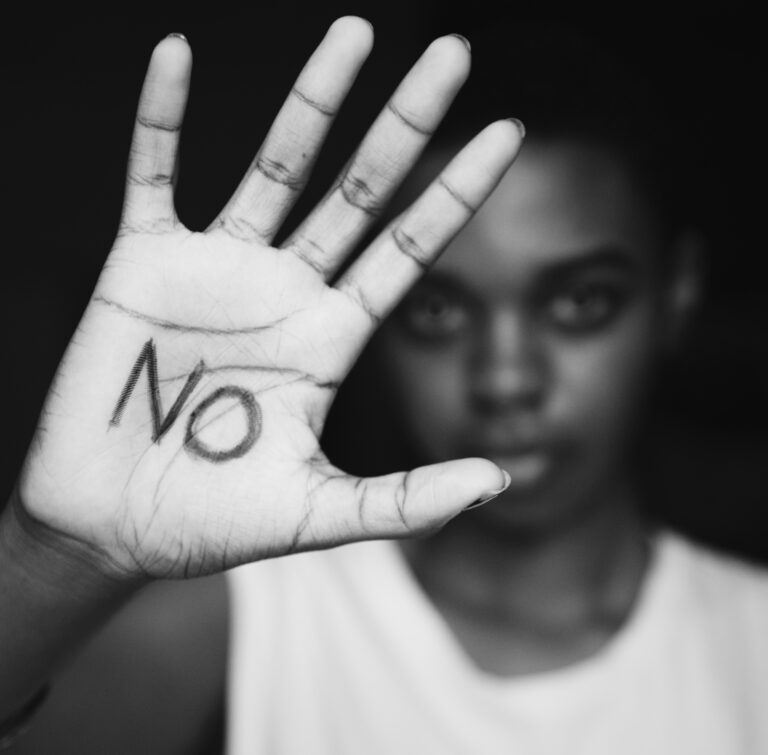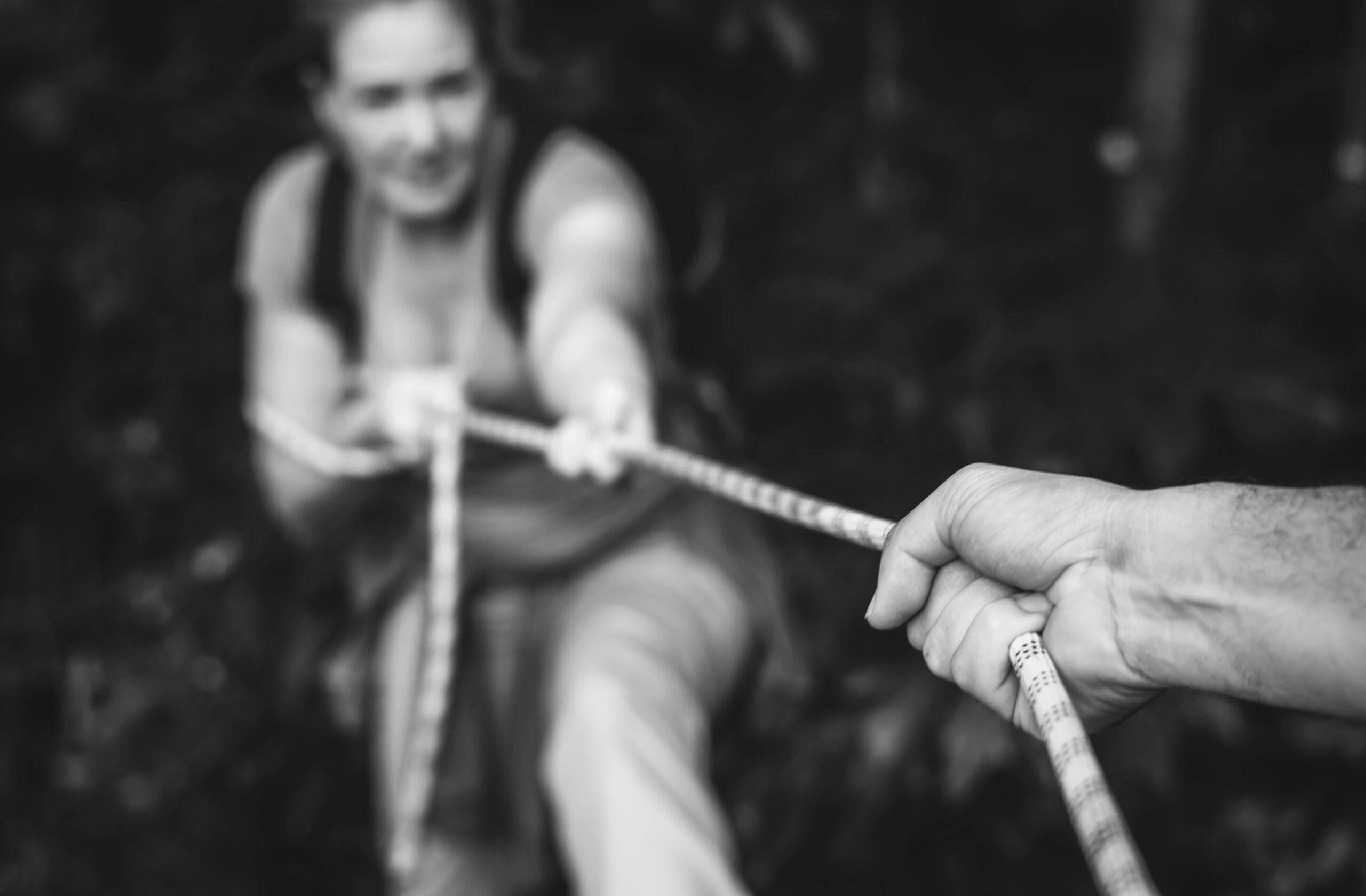Welcome to a sensitive yet crucial discussion on intrafamilial incestuous child abuse. This deeply disturbing issue impacts families in ways that are often kept hidden behind closed doors. In this blog post, we will delve into what constitutes incestuous family child abuse, how individuals can recover from such trauma, and who the perpetrators of these heinous acts typically are. Let’s shine a light on this dark reality and explore paths to healing and understanding.
Incestuous family child abuse occurs when a family member, such as a parent, sibling, or relative, engages in sexual activities with a minor within the same family unit. This form of abuse violates trust and boundaries that should be sacred within familial relationships. It can include various forms of exploitation, manipulation, and coercion to maintain secrecy.
The impact of incestuous family child abuse on the victim is profound and long-lasting. It can lead to emotional trauma, psychological scars, feelings of shame and guilt, as well as difficulties forming healthy relationships in the future. The betrayal by someone who should provide protection and care can shatter a child’s sense of safety and security.
Recognizing the signs of incestuous family child abuse is crucial for intervention and support. Victims may exhibit behavioral changes such as withdrawal, anxiety, depression, or sudden aggressiveness. It is essential to create safe spaces for survivors to speak out about their experiences without fear of judgment or retaliation.
- How to recover from familial incest?
Recovering from intrafamilial incest is a complex and challenging journey that requires patience, support, and professional help. It’s crucial to understand that healing is a process that takes time and effort. Therapy can be incredibly beneficial in addressing the trauma caused by familial incest. A qualified therapist can provide a safe space for you to explore your emotions, thoughts, and experiences.
Building a strong support system is essential during the recovery process. Surround yourself with trustworthy friends or family members who believe in and validate your feelings without judgment. Self-care practices such as mindfulness, exercise, journaling, or engaging in creative outlets can also aid in the healing process. Finding healthy coping mechanisms to manage triggers and stressors is key.
Remember that your journey towards recovery is unique to you. Be kind to yourself throughout this process and know that it’s okay to seek help when needed.
- Who are the perpetrators?
It is crucial to understand that perpetrators of intrafamilial incestual child abuse can come from any background and may not fit the stereotypical image society often associates with such crimes. Perpetrators could be parents, siblings, other relatives, or even individuals close to the family. It is essential to recognize the signs of abuse and take action to protect the victims and prevent further harm.
By shedding light on this sensitive issue and providing support for survivors, we can work towards breaking the cycle of familial incestual child abuse. Recovery is possible with therapy, support groups, and a strong network of understanding individuals. It takes courage to confront these painful experiences, but remember that healing is achievable.
If you or someone you know has been a victim of familial incestual child abuse, please seek help from professionals who are trained in dealing with such trauma. No one deserves to suffer in silence, and everyone has the right to a safe and nurturing environment free from harm. Together, we can raise awareness about this heinous crime and ensure that all children grow up in loving homes where they are protected and cherished.
Resources:
https://sotrap.psychopen.eu/index.php/sotrap/article/view/5461/5461.html
https://www.rainn.org/news/effects-sexual-abuse-family-member-survivors-and-importance-finding-supportive-community
https://www.wingsfound.org/resource/intrafamilial-abuse




